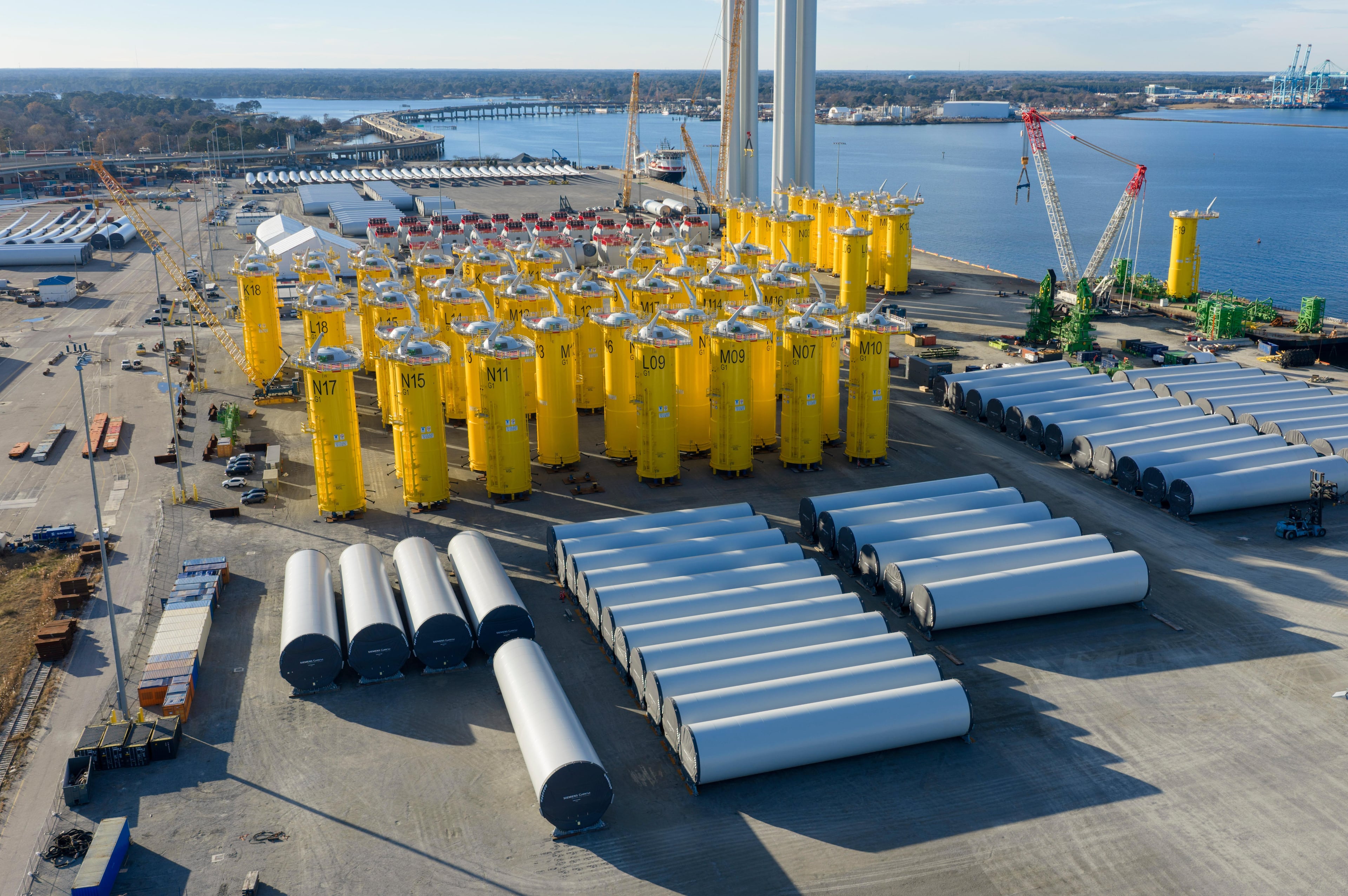DeKalb County committee proposes doubling water, sewer rates over 10 years

For weeks, the DeKalb County Board of Commissioners has weighed outgoing county CEO Michael Thurmond’s proposal to increase water and sewer rates by more than 19% over the next three years.
But that proposal would fund only a drop in the proverbial bucket of needs for the county water and sewer system serving more than 700,000 residents, according to the watershed system’s engineering consultant.
In response, the commission’s Public Works and Infrastructure Committee this week unanimously passed a proposal for 8% increases every year over the next decade, a cumulative increase of 116% compared to this year. The full county commission could grant final approval as early as Tuesday.
The proposal would raise the average residential water and sewer bill from $69.50 per month this year to more than $150 per month in 2034.
Robert Ryall, a vice president of Florida-based Arcadis, said the proposal for 6% rate increases over the next three years came from Thurmond and the county’s executive team. But to fund a bare-bones capital improvement program that makes some critical fixes — while leaving some needs to worsen — the county would need rates to increase by an average of 7.5% every year for each of the next 10 years, Ryall told commissioners.
If the commission were to pass the initial three-year proposal, water bills would subsequently need to increase by 10% in 2028 and 2029, according to the engineering consultants.
“I think one of the concerns or priorities is, over the long term, making sure we have affordable water rates and no shocks, no spikes to our residents,” said Commissioner Robert Patrick, chairman of the Public Works and Infrastructure Committee.
Incoming CEO Lorraine Cochran-Johnson has criticized Thurmond for not proposing rate increases earlier in his eight-year tenure. Faced with the math, some other commissioners echoed that complaint.
“Not having rate increases over the last few years, that really has created a major problem for us,” Commissioner Michelle Long Spears said.
The county is under a federal consent decree that mandates $1 billion worth of improvements to the sewer system by 2027. The 10-year capital improvement program costs about $300 million annually.
Maria Houser, the county’s director of consent decree and environmental compliance, said it would meet the industry standard for annual water and sewer line replacement but would not fix some of the degradation that has accumulated over decades of disinvestment and mismanagement.
“Over a 10-year period, we’re going to see an increase of breaks at about 4-5% with this funding plan,” Houser said. “It gives us what we need to engage and continue moving the program along, and it gives us an opportunity to look at other grants and other funding sources to go above and beyond.”
The county commission held a town hall last month to solicit public opinion on Thurmond’s initial rate increase proposal — but this is an entirely different ask, Commissioner Steve Bradshaw said.
“The public should weigh in on it,” he said.
Commissioner Ted Terry introduced the new resolution for 8% increases in each of the next 10 years. It included several other provisions, such as funding for a water consumer advocate to address billing issues, an operational audit of the watershed department and brownfield remediation at the Pole Bridge Advanced Wastewater Treatment Plant.
The county has also proposed a financial-assistance program that would reduce bills on a sliding scale for low-income residents.



